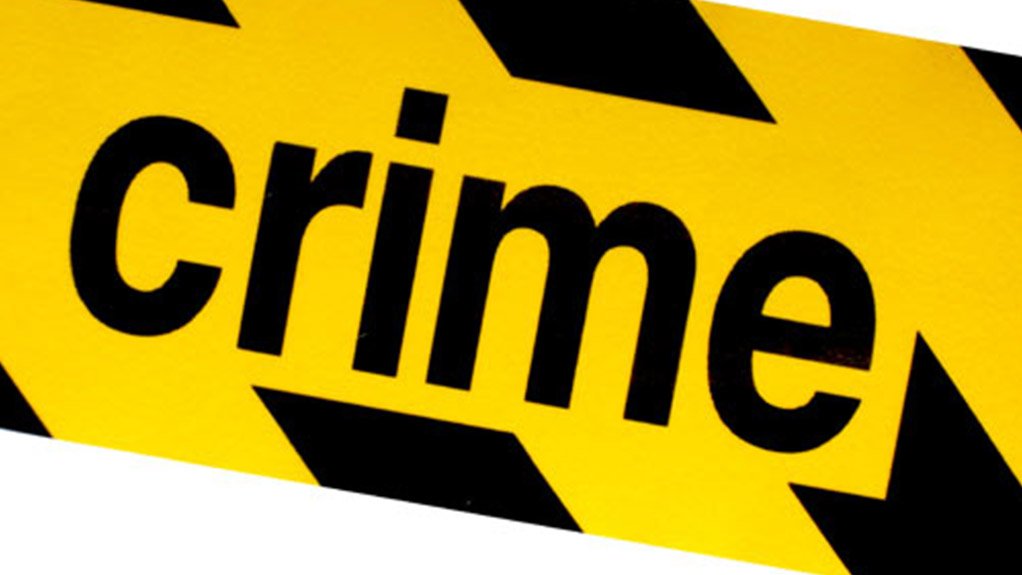Former South African Human Rights Commission CEO Tseliso Thipanyane said on Monday that corruption is killing South Africa and called for an immediate response from government to support whistleblowers.
Speaking at the Countering the Corrupt: Reform of the Criminal Justice Administration in South Africa conference, he blamed organs of State and its officials for not protecting South African whistleblowers and urged engagement between the Department of Justice and whistleblower organisations.
He said whistleblowing is one of the most effective ways to deal with corruption.
However, he noted that despite the passing of the Protected Disclosures Act, South Africa has seen systematic victimisation of whistleblowers.
He said the current Act is outdated and while it is useful, it confines whistleblowing to those who are employed and those who are consultants, ignoring ordinary South Africans.
“Twenty-two years later we have not even done much,” he stated.
He questioned government consultations on the amendment of the Act to the relevant organisations which deals with issues of whistleblowing.
Thipanyane said while the country speaks about democracy and also fighting corruption, those who are at the forefront of fighting corruption are being victimised by the State using public resources and by the officials who have taken an oath to help South Africans.
“Victimisation, apart from its negative impacts on the fight against corruption, is also a violation of human rights,” he said.
Babita Deokaran was gunned down in August last year for flagging R850-million in possibly fraudulent payments out of Tembisa Hospital.
He said it was sad to witness the lack of support from the South African government when whistleblowers are victimised, as was witnessed when two South African Revenue Service employees were reinstated after what he called years of victimisation as a result of the infamous Bain and Co saga.
Highlighting the short-term responses to whistleblowing, Thipanyane called for an immediate end to the victimisation of whistleblowers by the State and officials.
He also wants to see financial legal support for whistleblowers who are challenging their victimisation in courts and tribunals.
He says Chapter 9 institutions should play a critical role in supporting whistleblowers and also urged greater media campaigns by the Government Communication and Information Services and the South African Broadcasting Corporation on the need and importance of whistleblowing in the country. Backing for civil society organisations that support the work of whistleblowers should also be encouraged, Thipanyane said.
“Many of us do this work from our pockets. For the past one year, Whistleblower House has been raising funds for witness protection with very little support from government and yet year after year many funds are sent back to Treasury because they have not been used or they get used elsewhere,” he pointed out.
EMAIL THIS ARTICLE SAVE THIS ARTICLE ARTICLE ENQUIRY
To subscribe email subscriptions@creamermedia.co.za or click here
To advertise email advertising@creamermedia.co.za or click here











